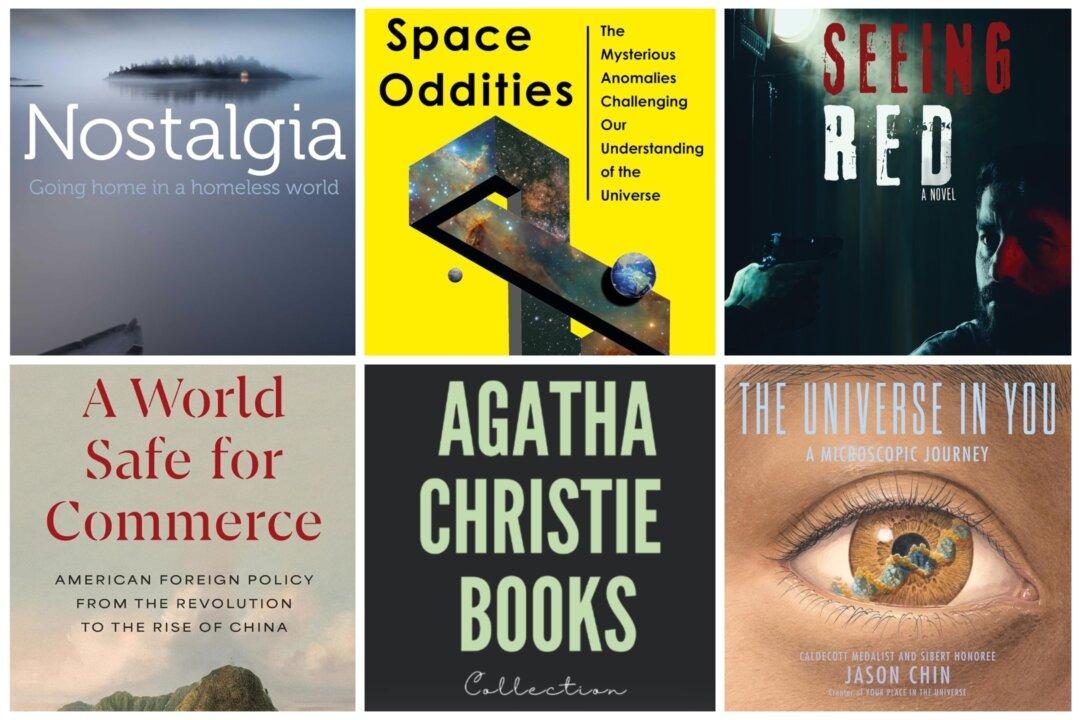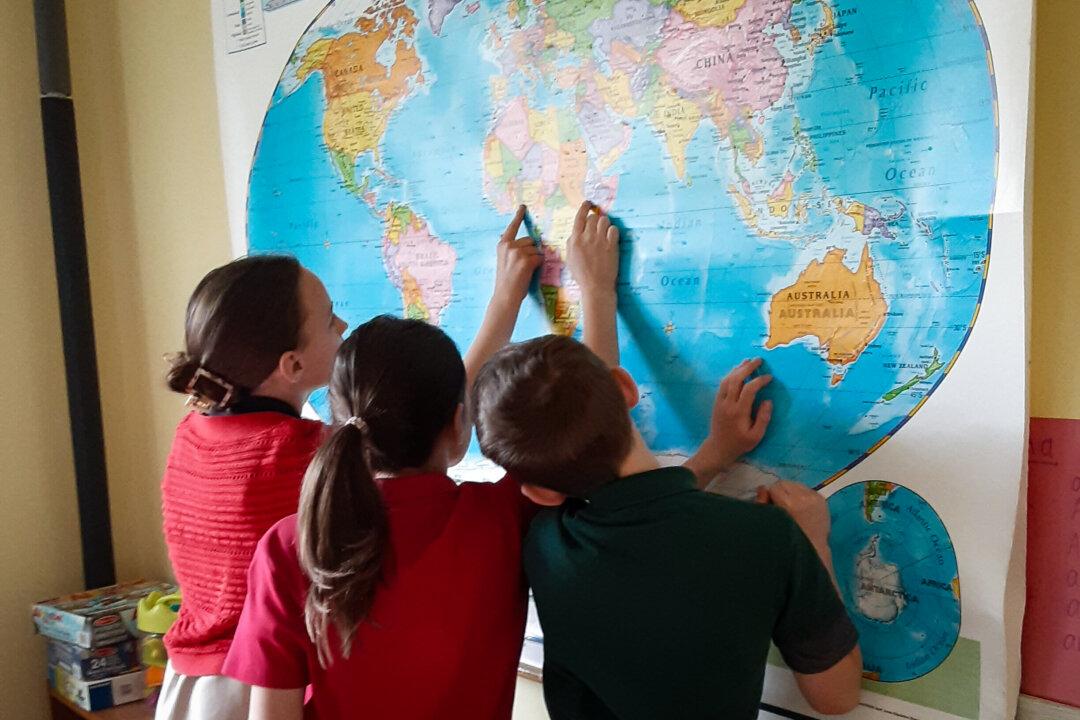Sometimes a random comment enters the brain, and the mind suddenly becomes a playground, with thoughts dashing about like a 5-year-old racing from the swings to the slides to the sandbox and back again.
This recently happened to me after a friend mentioned the current popularity of memes about Ancient Rome. Several of these were amusing. My favorite was of a schoolboy seated in a classroom with the visage of Julius Caesar plastered over his face. The first panel shows the boy studying a notebook; in the second, hidden behind the notebook, we find a map of ancient Gaul and Britain. The caption reads, “When the teacher thinks you’re studying but you’re actually planning to invade Britain.” Here the male students in the history classes I once taught popped to mind.
Back to the Past
It isn’t uncommon to wish ourselves back into the past. One friend has mentioned several times that she has fantasies about living in the 19th century, when manners and decorum mattered more than now, and a college teacher once told me that he often sank into the 18th century whenever he returned to his bachelor’s quarters. Another woman I know discovered that her husband thinks of returning to the Rome of 44 B.C. and rescuing Caesar from his assassins.Men and Women
Ours is an age that wants everything explained—it’s a major reason behind our culture’s wholesale abandonment of a deity. Anything that can’t be dissected in some laboratory of postmodernism is suspect. In short, we seek to banish mystery, including the mysteries of the opposite sex.That so many men ponder the Roman Empire and that so many women are astounded by these musings is but a trivial example of the conundrum that exists between Mars and Venus. As my mind played with ideas, I realized, as I have before, that the riddles in the female are part of their allure and appeal. No matter how much we men may think we apprehend them, for the most part, females remain puzzles missing a piece or two, and the same surely holds true for their take on men. Although sometimes unpleasant, our differences add salt and pepper to our relationships and make a tangy dish of life.
History and the Self
“I don’t know much about history, and I wouldn’t give a nickel for all the history in the world. History is more or less bunk. It is a tradition. We want to live in the present, and the only history that is worth a tinker’s damn is the history we make today.”“Each of us is all the sums he has not counted: subtract us into nakedness and night again, and you shall see begin in Crete 4,000 years ago the love that ended yesterday in Texas. ... Our lives are haunted by a Georgia slattern, because a London cutpurse went unhung. Each moment is the fruit of 40,000 years.”You and I are not only the genetic repository of all those who preceded us; we’re the inheritors of a culture produced over millennia. The Romans are only a part of this heritage. To throw away the past as “bunk” is to throw yourself on the same pile of trash.
Wrapping Up
“All roads lead to Rome” was true in its day. In my case, however, all roads led from Rome to America.After playing around with these ideas, let me conclude by applauding the men who are thinking of the ancient world. However offhandedly, they recognize the importance of history.
The time I spent in the imagination also reminded me that to cast off the past à la Henry Ford is to abandon our very selves in the bargain.
And finally, my romp in the park gave me the chance to smile yet again with gratitude and appreciation for the sweet gulf between men and women. As the Romans might say, Natura nihil frustra facit: “Nature does nothing in vain.”








